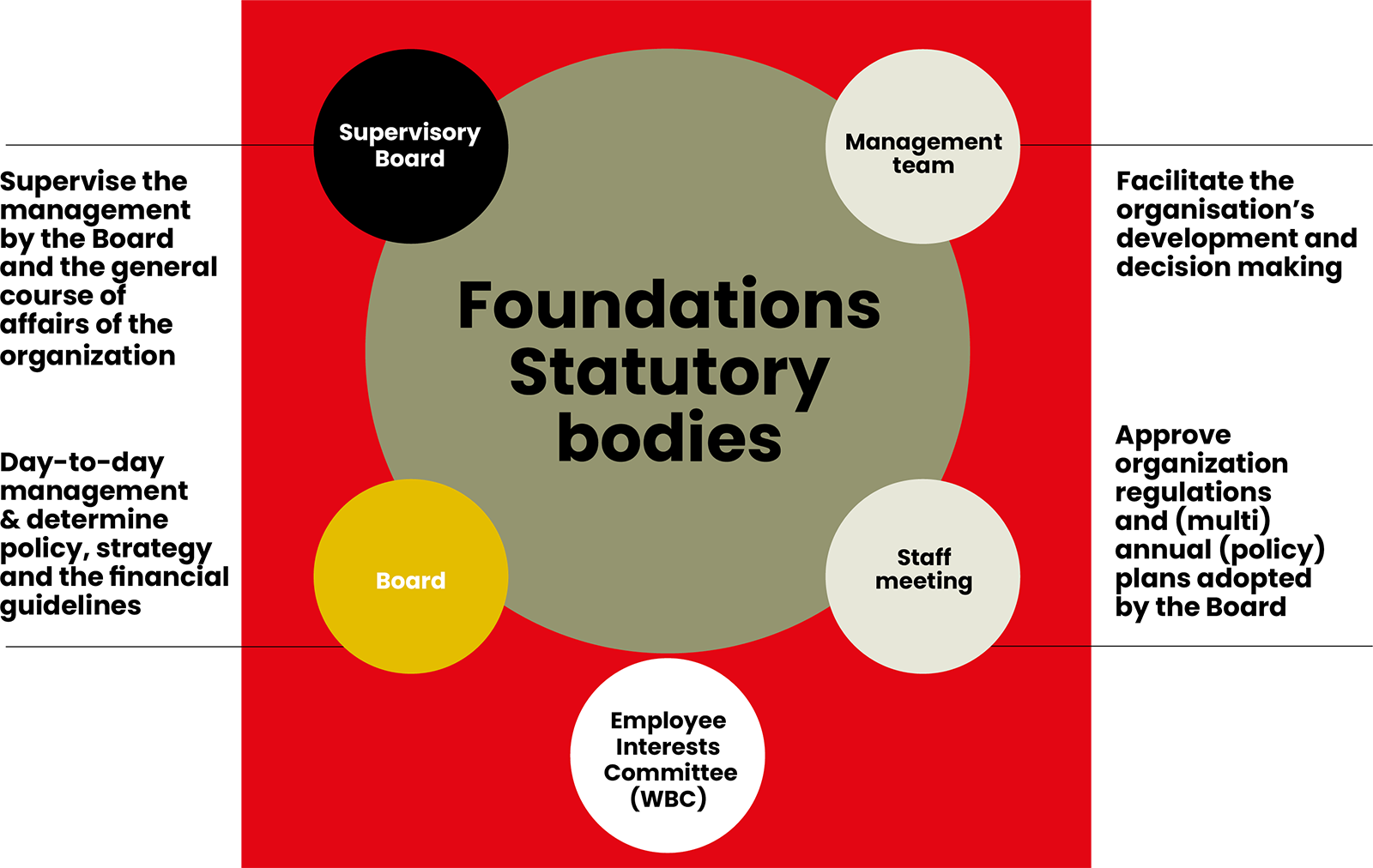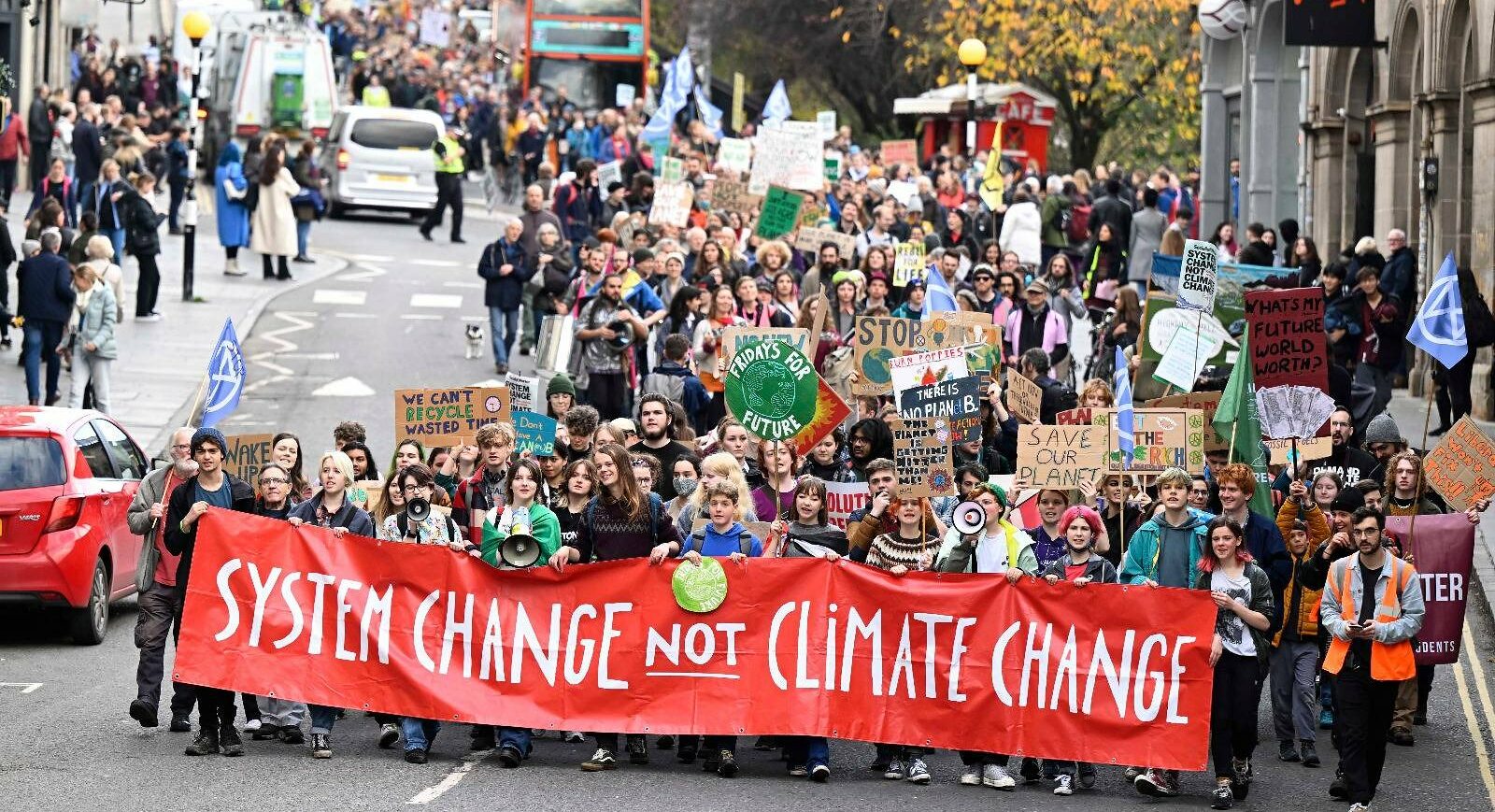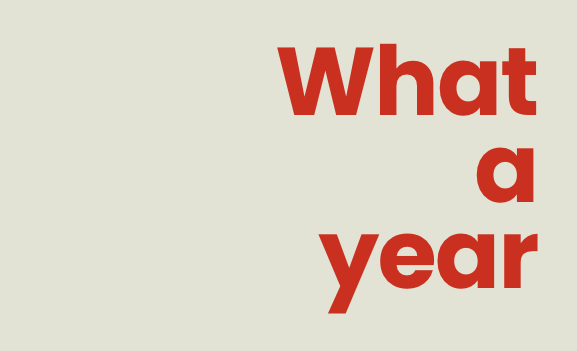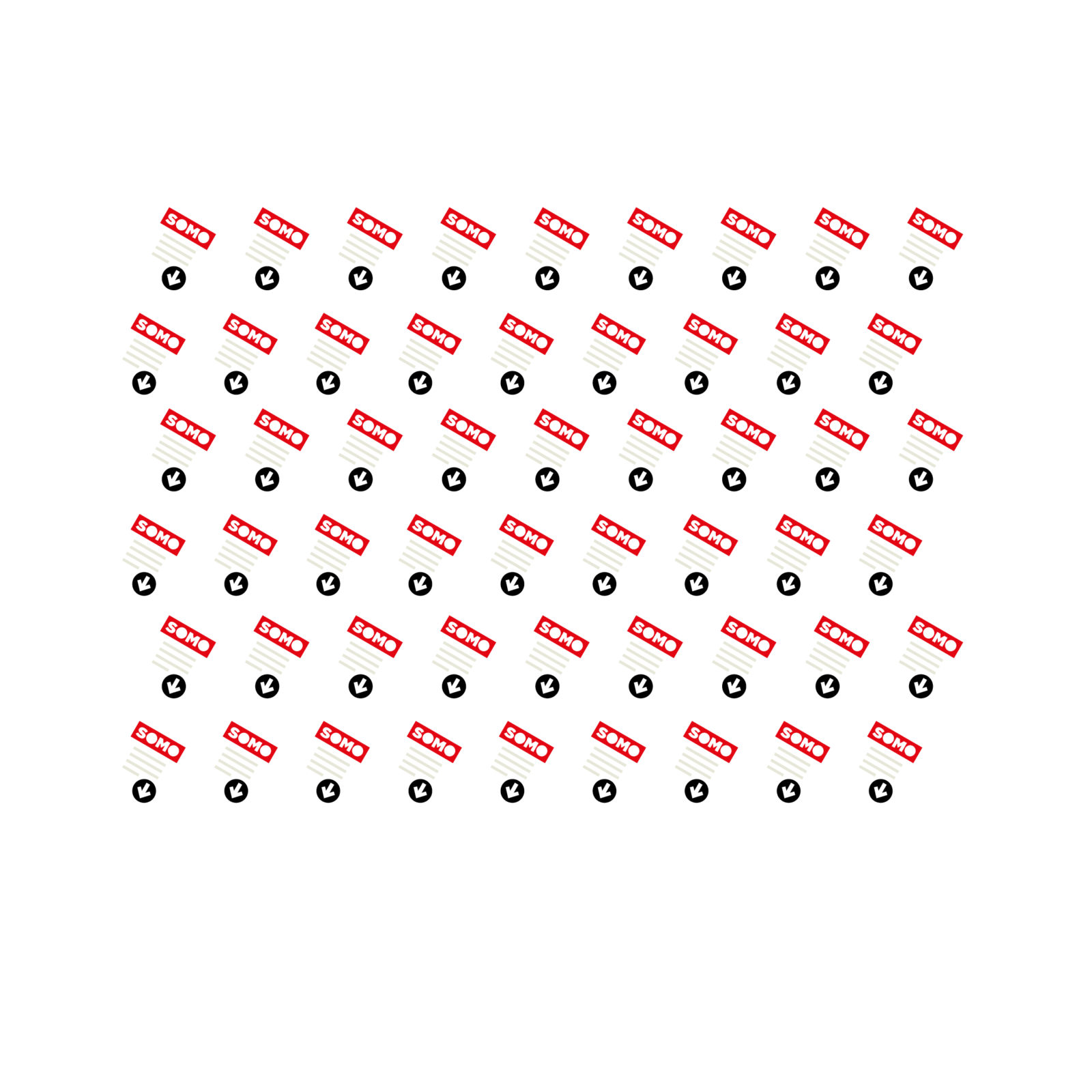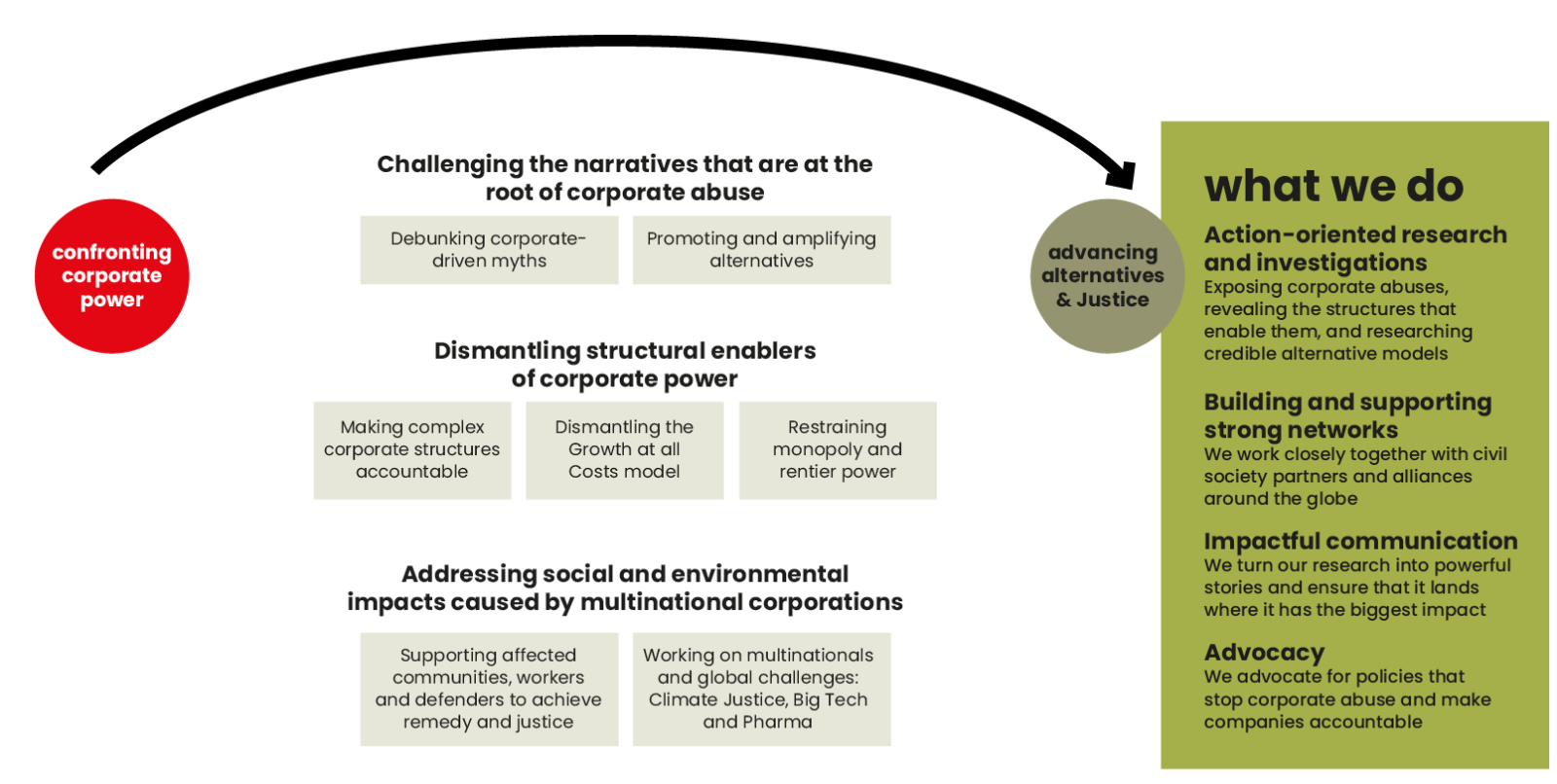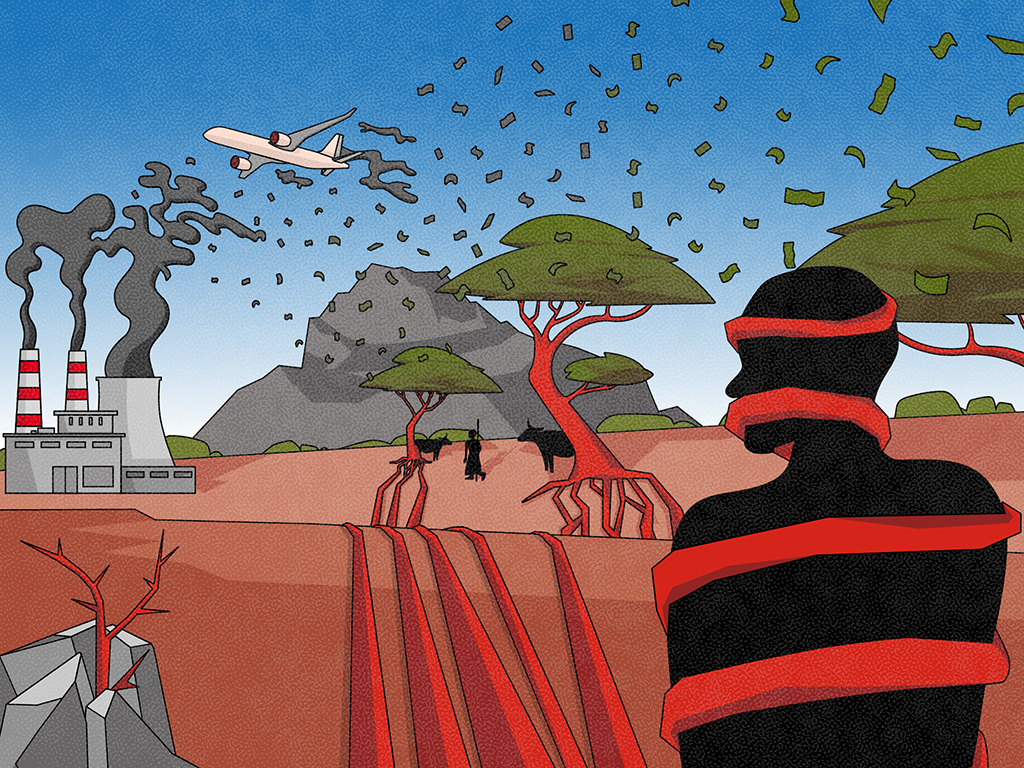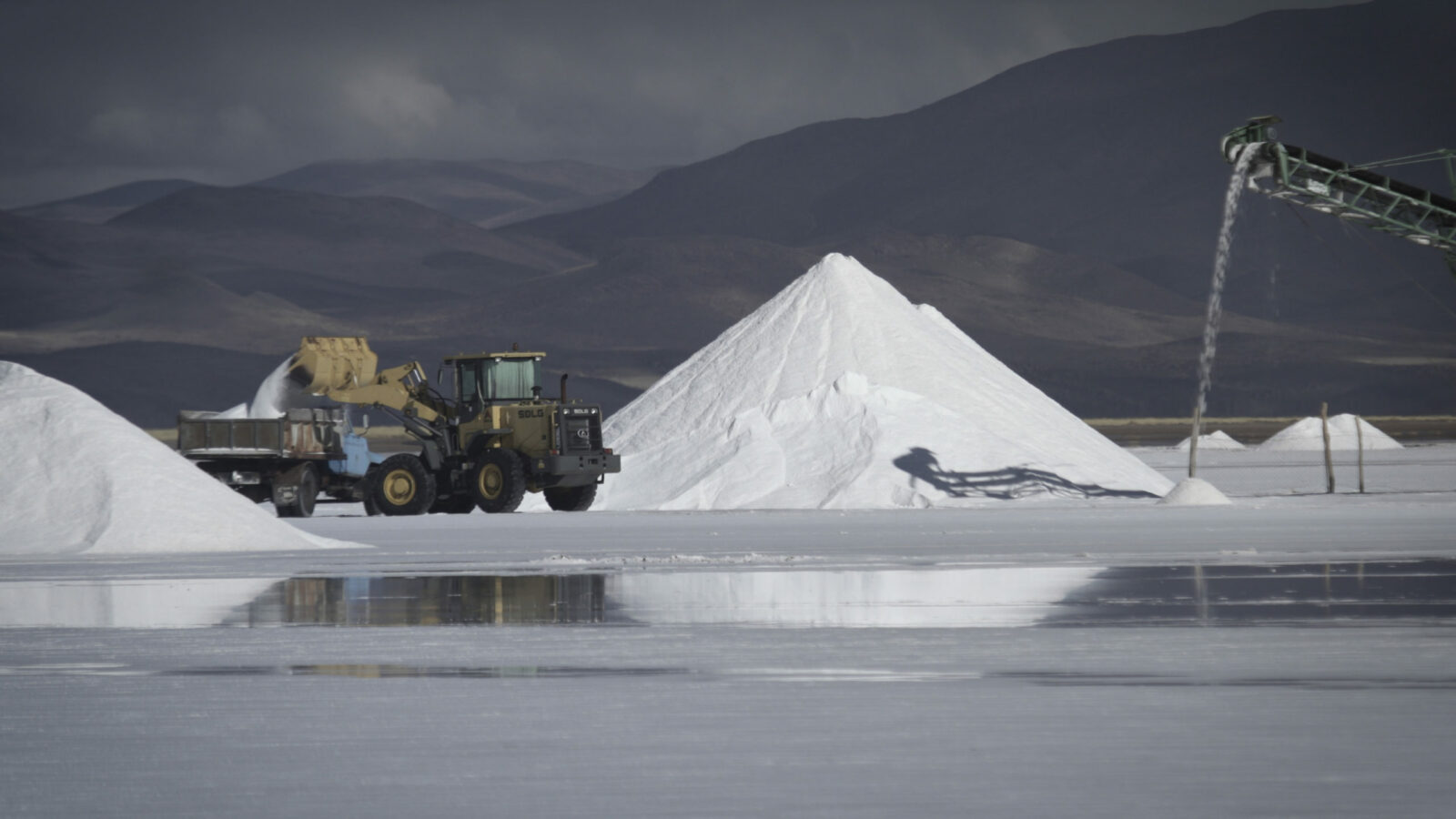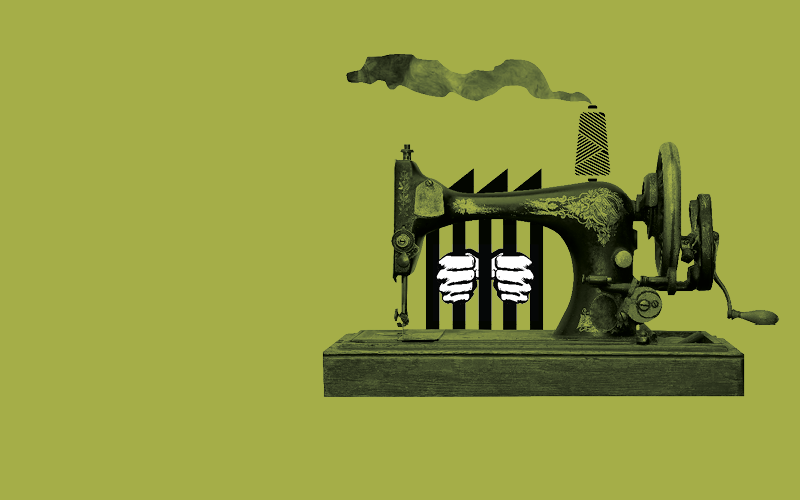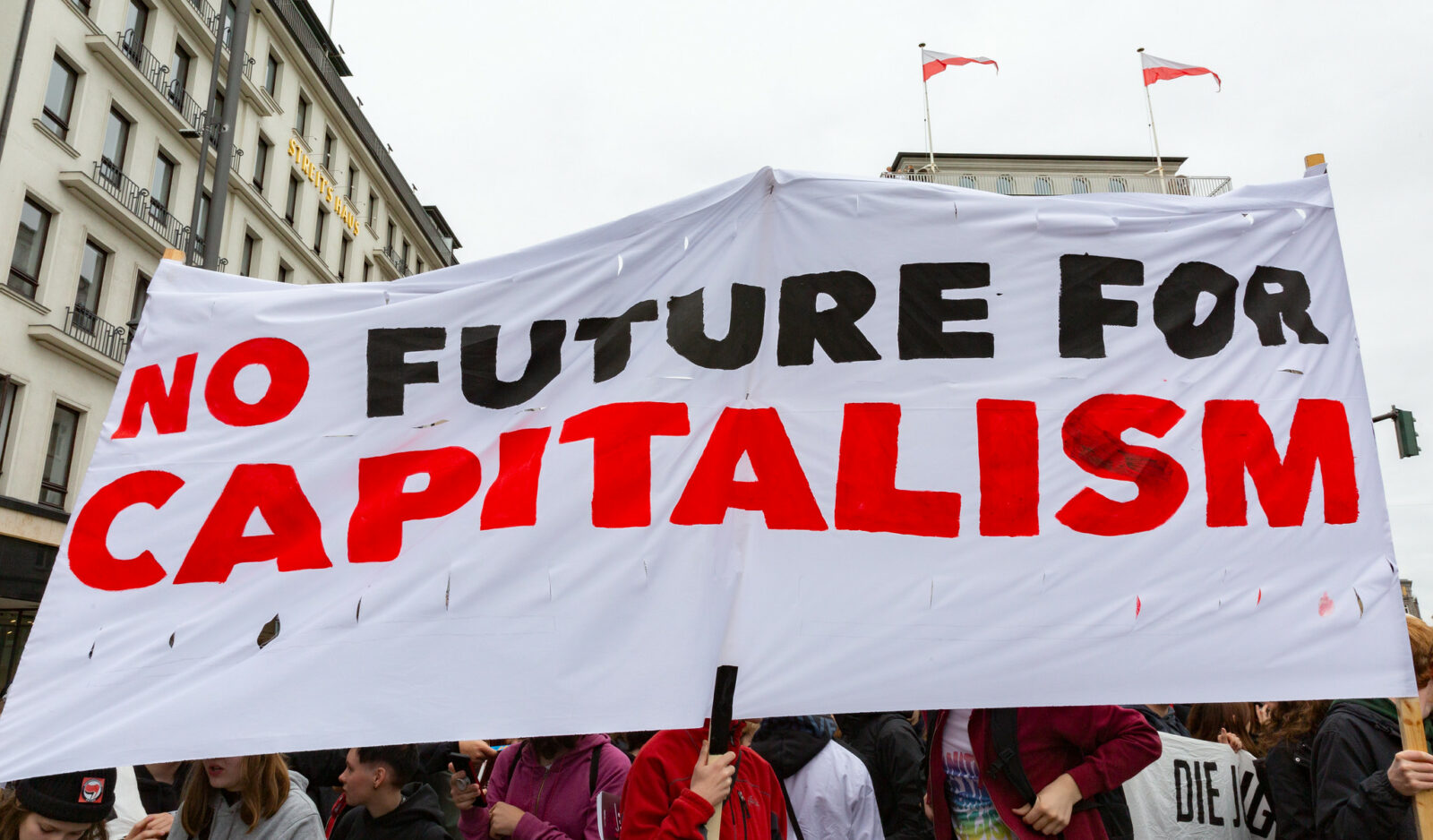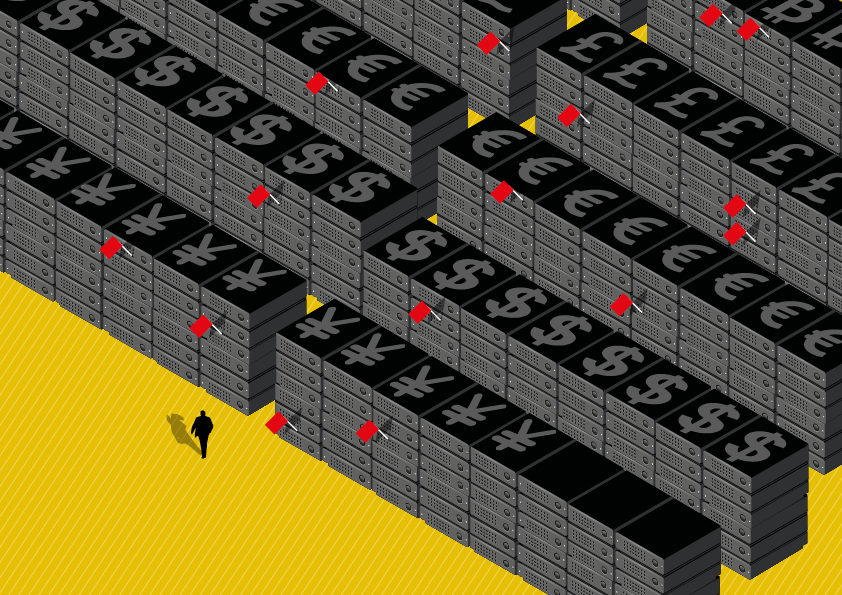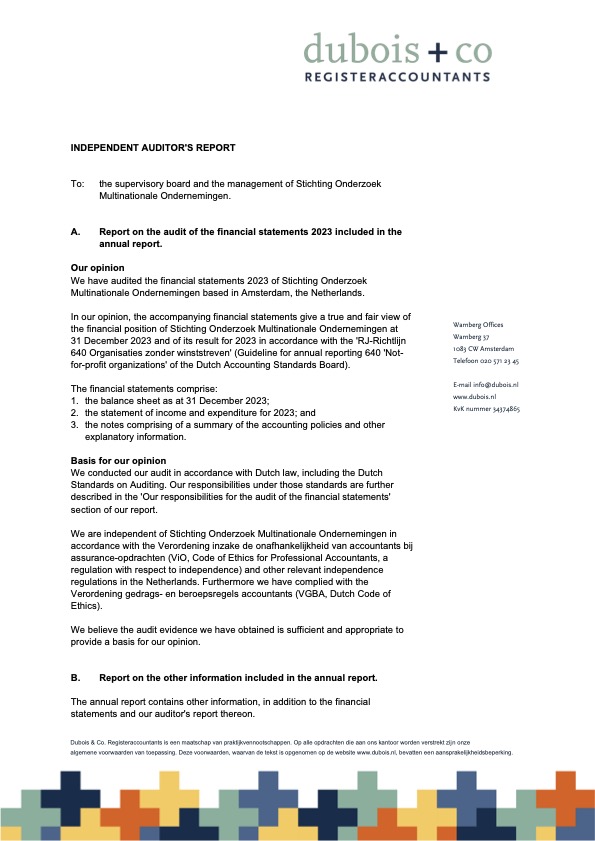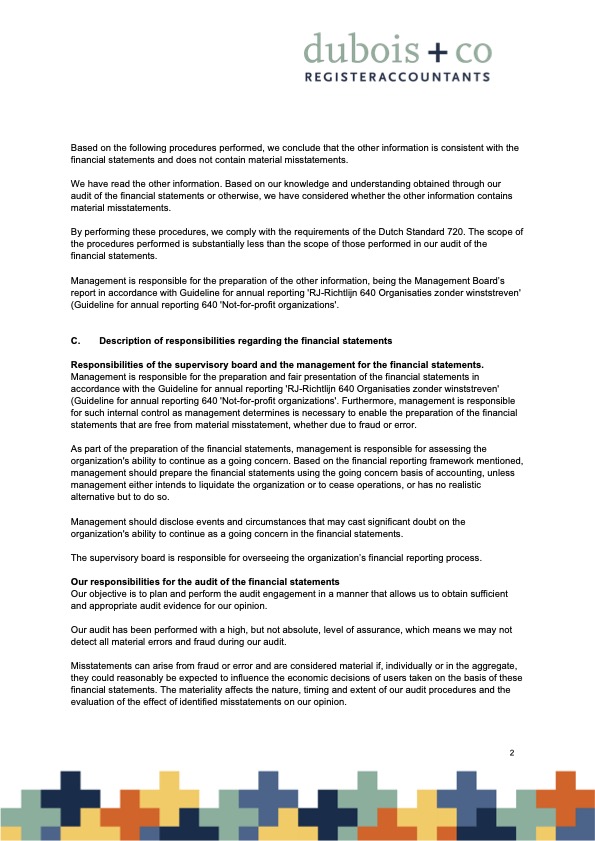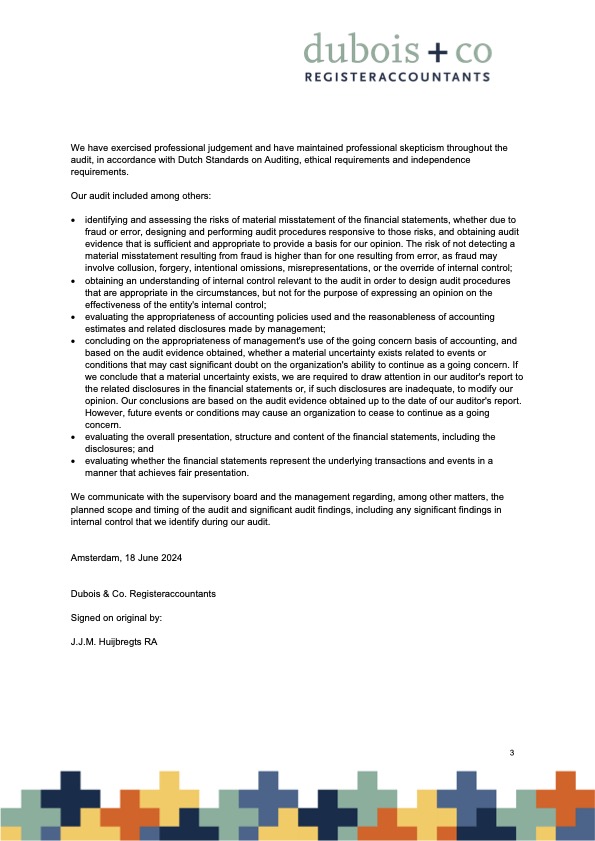Protection des Écoregions de Miombo au Congo
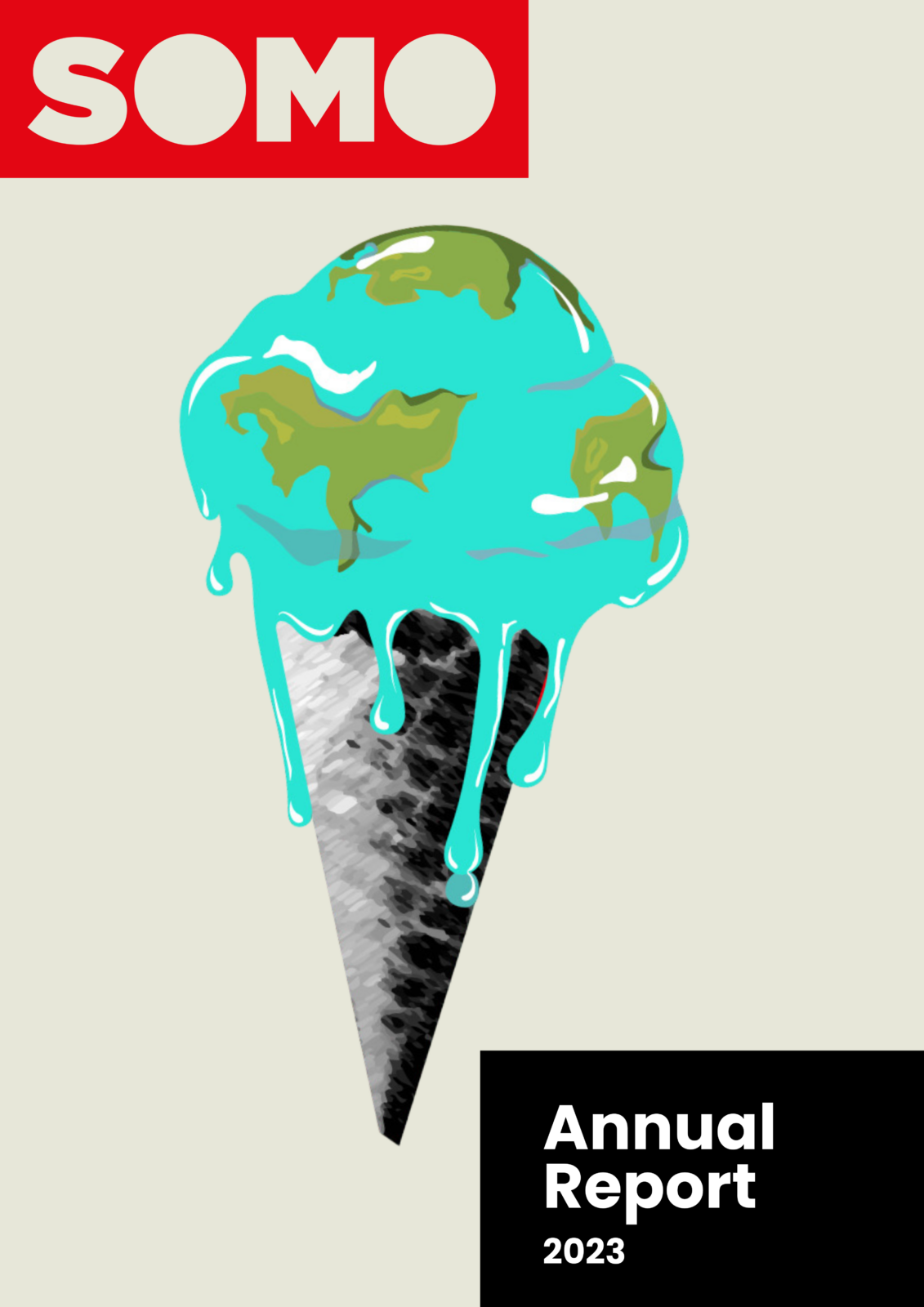

 Audrey Gaughran, Executive Director, SOMO
Audrey Gaughran, Executive Director, SOMO
From ‘growth’ to balance
The challenges we face – from the intrusive power of Big Tech to the existential threats of climate change and biodiversity loss, and from the disenfranchisement of small-scale farmers to spiralling wealth inequality – are all fuelled by a political-economy idea of growth. This misguided notion that “big is better” is destroying everything we value, from our privacy to our planet.
“Growth at all costs” is a central tenet of capitalism. And capitalism is always about taking out more than you give back. This mindset, deeply entrenched in the logic of GDP growth and the attraction of foreign investment, has perpetuated profound economic divisions worldwide and insidiously prolonged the legacy of colonialism through unjust economic structures. This resolute belief in the necessity of growth has led governments to continue subsidising fossil fuel companies in 2023 despite catastrophic climate change. It is also the reason why countries struggle to fund essential services like healthcare and education, while the wealthiest 1% of the global population has amassed nearly two-thirds of all new wealth created since 2020.
Many people believe that without growth, we face stagnation, job losses, recession, and hardship. This is not true – or rather, it is not inevitable. An increasing number of economists are demonstrating that capitalist-style growth is not the only way forward. What we need is balance.
The real issue lies in our inability to imagine alternative possibilities. We tolerate the system despite the evidence of the harm it does. “Growth” has simply become accepted as the way the world works. Yet the world does not work for many of the people living in it, and unless we halt climate change, it will not work at all.
In 2023, SOMO maintained its commitment to challenging the “growth at all costs” paradigm, debunking false narratives, and collaborating with others to propose viable alternatives. Nowhere was this more evident than in our programs on climate justice and Big Tech.
Climate justice and corporate power
The climate crisis is near the top of the global political agenda, yet the actions taken to keep a worldwide temperature rise this century to below 2°C, let alone 1.5°C, are woefully inadequate. As the devastating consequences of climate change continue to mount, core capitalist logic is steadfastly impeding the full potential of renewable energy while preserving the fossil fuel industry and other greenhouse gas-intensive sectors.
In 2023, the problem was clearly exposed. Against the backdrop of a 10% surge in BP’s share value following the company’s announcement of a rollback in its climate ambitions, Shell brazenly declared that oil and gas are simply better investments for their shareholders. For the oil giants, the issue is not that renewables are not profitable; it is that they are not profitable enough.
To maintain their business-as-usual approach, oil and energy-intensive multinationals have staunchly defended and promoted carbon offsetting, an industry whose sole purpose is to allow the ongoing extraction and use of fossil carbon. Offsetting is an increasingly discredited industry, and one that is enabling serious human rights abuses, as research by SOMO and others revealed in 2023.
The challenge posed by the “growth at all costs” and shareholder value mentality is not just an obstacle to reducing greenhouse gas emissions quickly enough to avert further disasters; it is also the most formidable barrier to any hope of a just energy transition. Our work in 2023 exposed how the business model underpinning the renewable energy sector is replicating the same patterns of exploitation and inequality that characterised the fossil fuel sector. The model hinges on wealthy countries backing their companies to venture out and extract the critical minerals needed to power electric vehicles, solar panels, and wind turbines to produce clean energy for the Global North.
Activists worldwide, including SOMO, are sounding the alarm on the problems arising from the scramble for critical minerals. Indigenous Peoples and marginalised communities are, once again, being forcibly removed from their land. Pollution of the air, water, and land is, once more, the order of the day.
In 2023, we collaborated with others to vigorously challenge the EU’s colonial mindset, as it imposes trade and investment agendas on low-income countries that possess the lithium, graphite, and cobalt that EU car manufacturers need and are voraciously consuming to manufacture and sell ever more private vehicles. We joined the drive away from consumption, using powerful data visualisation work to show just how unequal and unnecessary Europe’s electric vehicle dream is. We are starting to witness a growing recognition that a radical reduction in consumption is imperative.
Controlling Big Tech’s excessive market power
The monopoly power, or excessive market power, of the world’s largest corporations, has expanded at an alarming rate over the past few decades, with a staggering increase in both revenue and market capitalisation. This trend is most starkly evident in the tech sector. In 2023, SOMO’s work on Big Tech brought to light how Amazon’s dominance enables the company to engage in extractive and exploitative practices towards sellers on its platform, with little fear of repercussions.
We also collaborated with allies across Europe to advocate for more robust action by regulators. On 6 July 2023, the European Commission’s competition department announced an in-depth investigation into Amazon’s proposed acquisition of home robotics company iRobot. The Commission’s decision echoed SOMO’s concerns that the deal would further entrench Amazon’s market dominance at the expense of people’s privacy and livelihoods. The push for far more stringent regulatory action against Tech giants is beginning to yield results in the US and EU, and while there is still a long way to go, the urgent need to curb the unconscionable market power of these companies is now firmly on the agenda.
SOMO turns 50: celebrating with the launch of our new global help desk on corporate power
2023 was the year we turned 50! We were delighted to celebrate this milestone with many of our partners and friends. SOMO seized the opportunity to reaffirm our commitment to our mission of challenging unjustified corporate power and serving as a vital resource for civil society actors who confront the might of multinationals. In keeping with this spirit, we launched The Counter, a global help desk dedicated to supporting civil society organisations working on corporate power and accountability. The launch of The Counter was a defining moment of our year, as described in greater detail later in this report.
In solidarity with Gaza
2023 was indelibly marked and marred by the horrific war on Gaza. SOMO joined tens of millions of voices in unequivocally condemning the collective punishment, indiscriminate attacks, and other grave breaches of international humanitarian and human rights law that we witnessed being inflicted daily upon the civilian population of Gaza. We condemned the indefensible targeting of Israeli civilians by Hamas and deplored the use of this action to justify the collective punishment of Palestinians.
The grave abuses unfolding before our eyes did not begin after 7 October. For decades, the Palestinian people have been subjected to systemic abuse, apartheid, and war crimes, all under the cover of a blanket of impunity granted by Israel’s allies.
Our world privileges those with powerful political and economic influence. We will continue to add our voice, however small, to the tens of millions calling for a ceasefire, humanitarian aid, and justice for the people of Palestine. We will persist in our efforts to support our partner organisations and their families living through this horror.
Realising radical change
Throughout our work in 2023 – from challenging the monopoly power of Big Tech to exposing how workers in garment and electronics supply chains are being abandoned as brands change their sourcing policies – we consistently challenged the “growth” narrative. We continued to support and advance a balanced economy framework, one in which historical inequality is repaired, rampant consumerism comes to an end, and the economy serves as a tool to support a healthy and vibrant planet rather than an altar on which these things are sacrificed.
There is a growing body of civic activists, NGOs, and academics working tirelessly to bring about radical change to the economy and the role of multinational companies. SOMO’s work in 2023, as described in this report, is a small but, we hope, significant contribution to this movement.
There is a growing body of civic activists, NGOs, and academics working for radical change to the economy and the role of MNCs. SOMO is among them.
Publications
Long reads
Partners
Alliances and partnerships are critical to advance an agenda for fundamental change. Playing our role within an international ecosystem of like-minded actors is central to SOMO’s theory of change and our core values.
Much of our work is done as part of long-term partnerships, through joint research projects or with research by SOMO that supports activism and campaigns of partner civil society organisations (CSOs). We play an active role in numerous networks and host several international networks. We are committed to sharing knowledge, learning from others, and contributing to a transformative and justice-focused agenda. In 2022 we worked with partners from Europe, Asia, Africa, Latin America, and the MENA region. Many of these partnerships are long-standing, reflecting shared goals and joint work over several years.
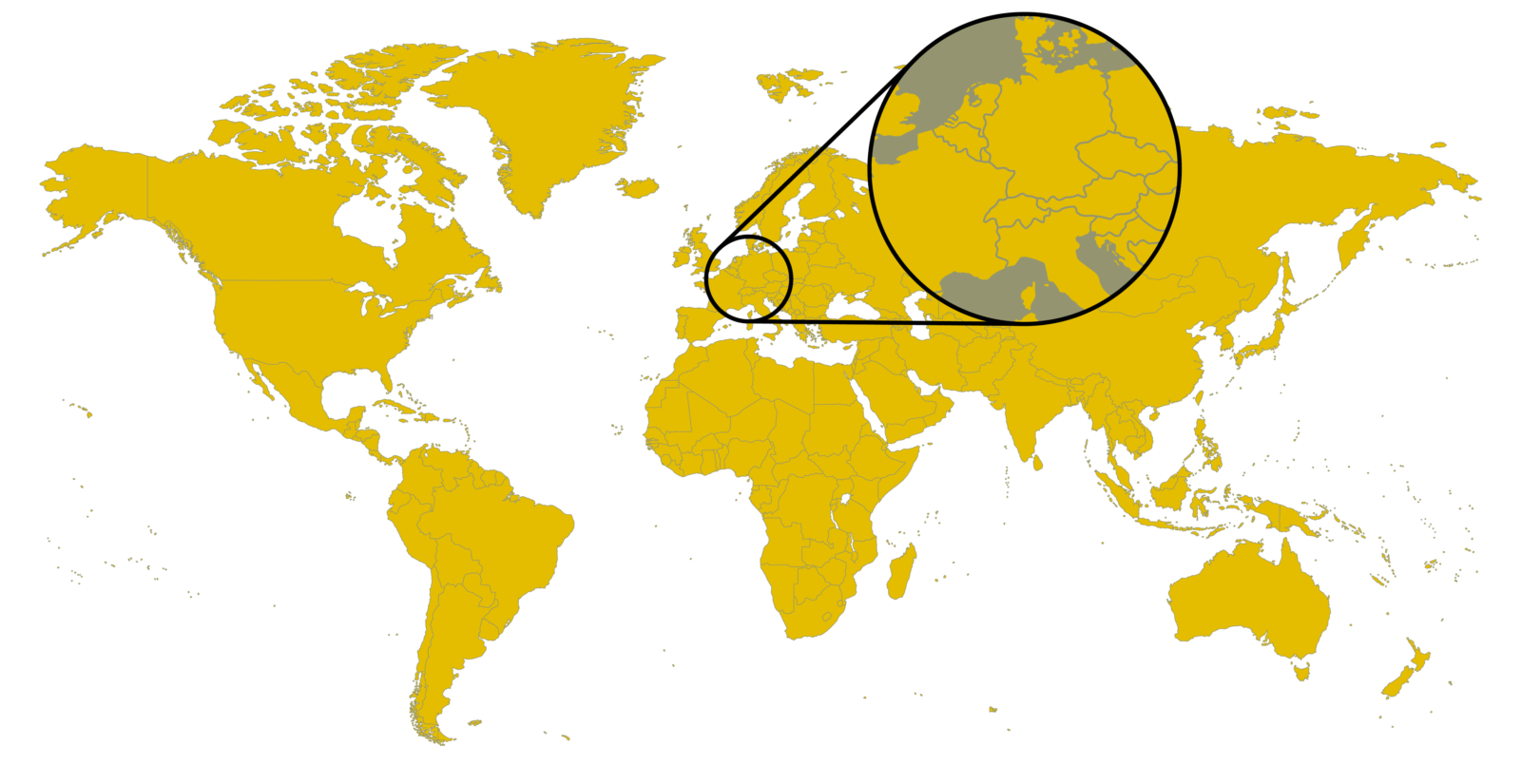
Protection des Écoregions de Miombo au Congo
Action Labor Rights
ARISA
MACUA/WAMUA
Alternative Information and Development Centre (AIDC)
Action Against Impunity for Human Rights
InKrispena
Südwind
Al Haq
Repórter Brasil
Civil Initiatives for Development and Peace
Conectas Direitos Humanos
INKOTA
Foundation for the Development of Sustainable Policies
China Labour Bulletin (CLB)
Kenya Human Rights Commission (KHRC)
Tax Justice Network Africa
African Resources Watch
Bangladesh Labour Foundation
Madhyam
Asociación Interamericana para la Defensa del Ambiente
National Organization for Working Communities
European Coalition for Corporate Justice
Community Empowerment and Social Justice Network
Interamerican Association for Environmental Defense (AIDA)
Asociación Montelimar Bendición de Dios
Fédération International des Droits de l’homme
Project on Organizing, Development, Education and Research (PODER)
Center for Environment, Human Rights and Development (CEHRD)
Stakeholder Democracy Network
Balanced Economy Project
Action Labor Rights
ARISA
MACUA/WAMUA
Alternative Information and Development Centre (AIDC)
Action Against Impunity for Human Rights
InKrispena
Südwind
Al Haq
Repórter Brasil
Civil Initiatives for Development and Peace
Conectas Direitos Humanos
INKOTA
Foundation for the Development of Sustainable Policies
China Labour Bulletin (CLB)
Kenya Human Rights Commission (KHRC)
Tax Justice Network Africa
African Resources Watch
Bangladesh Labour Foundation
Madhyam
Asociación Interamericana para la Defensa del Ambiente
National Organization for Working Communities
European Coalition for Corporate Justice
Community Empowerment and Social Justice Network
Interamerican Association for Environmental Defense (AIDA)
Asociación Montelimar Bendición de Dios
Fédération International des Droits de l’homme
Project on Organizing, Development, Education and Research (PODER)
Center for Environment, Human Rights and Development (CEHRD)
Stakeholder Democracy Network
Balanced Economy Project
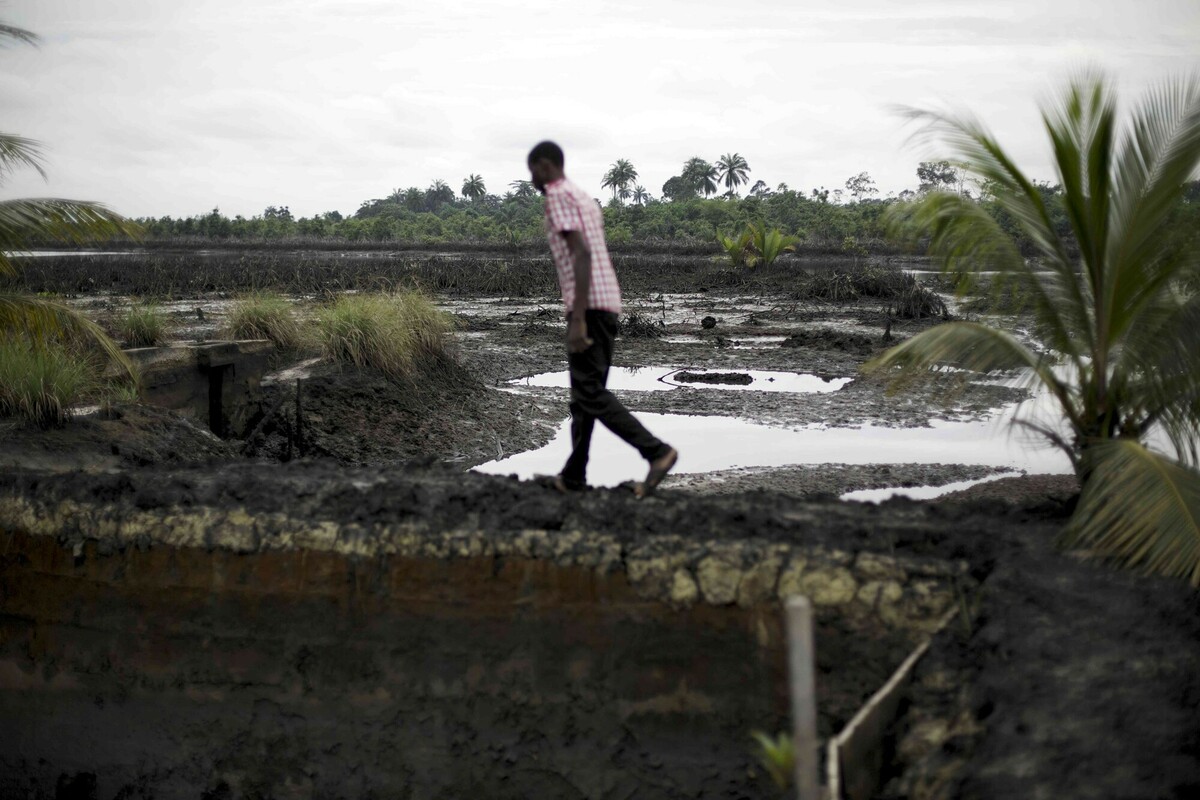
Partner Profile
Alternative Information and Development Centre (AIDC), South Africa
The Alternative Information and Development Centre is a South African non-profit organisation founded in 1996. AIDC was established to support popular movements, including trade unions and social movements, struggling for social, economic and environmental justice.
AIDC produces and promotes alternative research and analysis, undertakes advocacy and supports movements that strive for a sustainable society free of racism, xenophobia, sexism, resource degradation, oppression, exploitation and alienation.
AIDC and SOMO collaborate on a major tax justice initiative called From the Ground.
“From the Ground is an exciting opportunity for building North-South solidarity and exchanging valuable expertise and experience – together, unravelling the web of corporate secrecy and impunity. We look forward to strengthening the fight for tax justice through this partnership in 2024 and beyond. We are also enthusiastic about learning from the experiences of others and building common strategies to advance initiatives for tax justice.”
– Jaco Oelofsen, Tax Justice Programme Officer
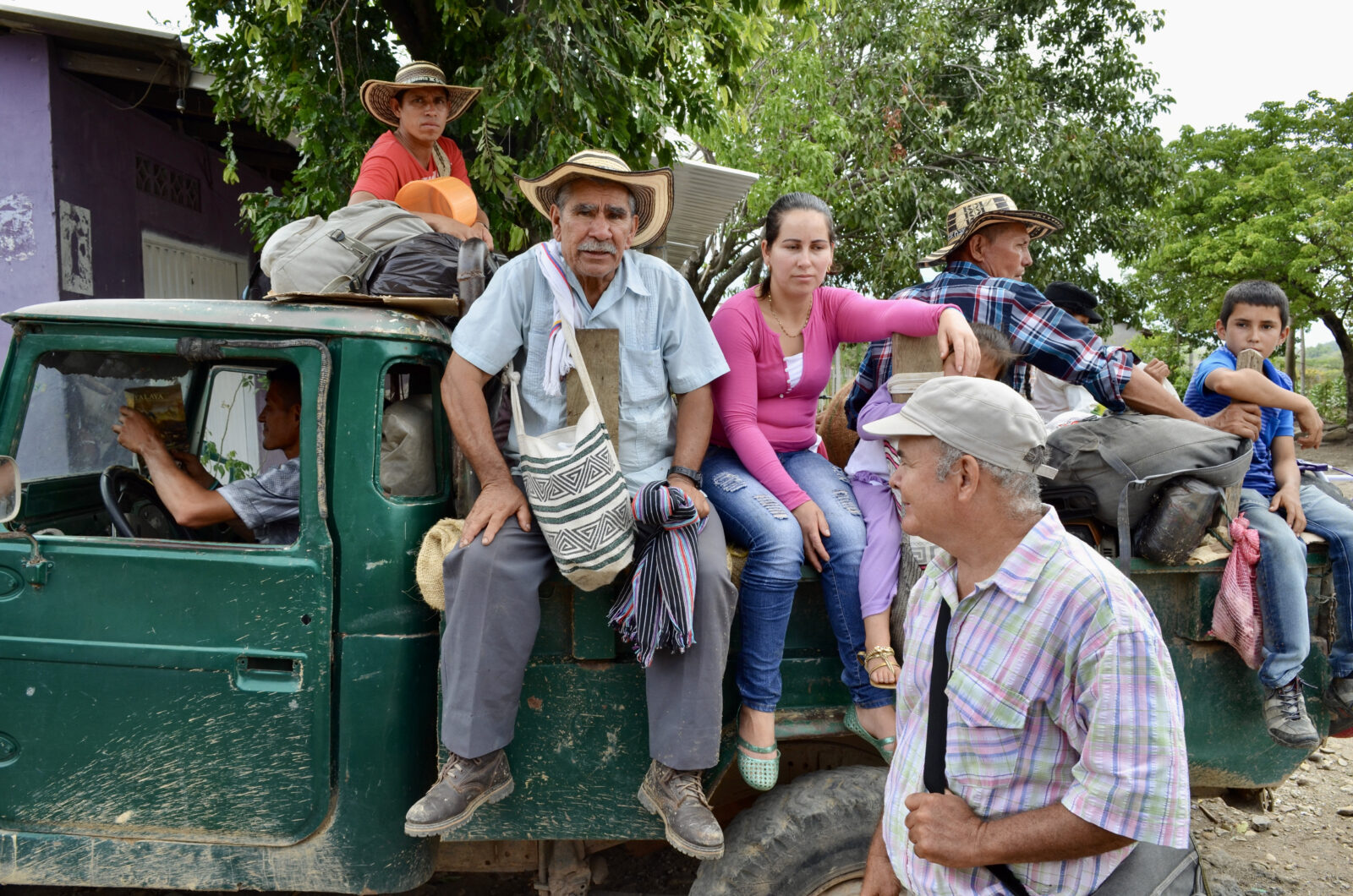
Partner Profile
Interamerican Association for Environmental Defense (AIDA)
The Interamerican Association for Environmental Defense (AIDA) is a regional Latin American organisation working to strengthen people’s ability to guarantee their individual and collective right to a healthy environment. For over 25 years, AIDA has used the law and science to protect the environment and communities suffering from environmental harm.
“Throughout our work together, SOMO has been a true partner, supporting us not only with financial resources but also with their team’s vast expertise and lessons learned from other geographies. Today, we’re collaborating to promote a just energy transition in Latin America by developing a strategy to address irresponsible mine closure and exit of coal companies in Colombia, something that we hope can serve as a basis for standards throughout the region. Looking ahead, we’re expanding these efforts to address a responsible exit from fossil fuels in the Amazon, avoiding new scenarios where companies abandon oil extraction and leave behind damage without remediation.”
– Gladys Martínez de Lemos, Executive Director

About SOMO
The Centre for Research on Multinational Corporations (SOMO) investigates the impacts and enablers of unjustified corporate power. Independent, factual, and critical, we have a clear goal – a fair and sustainable world in which public interests outweigh corporate interests.
Since our establishment in 1973, we have been dedicated to reshaping the economic framework by restraining corporate power and championing social equity.
Headquartered in Amsterdam, we work with hundreds of organisations worldwide, acting as a knowledge, research and communications hub.
SOMO’s Vision and Mission
We envision a global economic, political, and legal system that is equitable, democratic, transparent, and environmentally sustainable.
Organisation
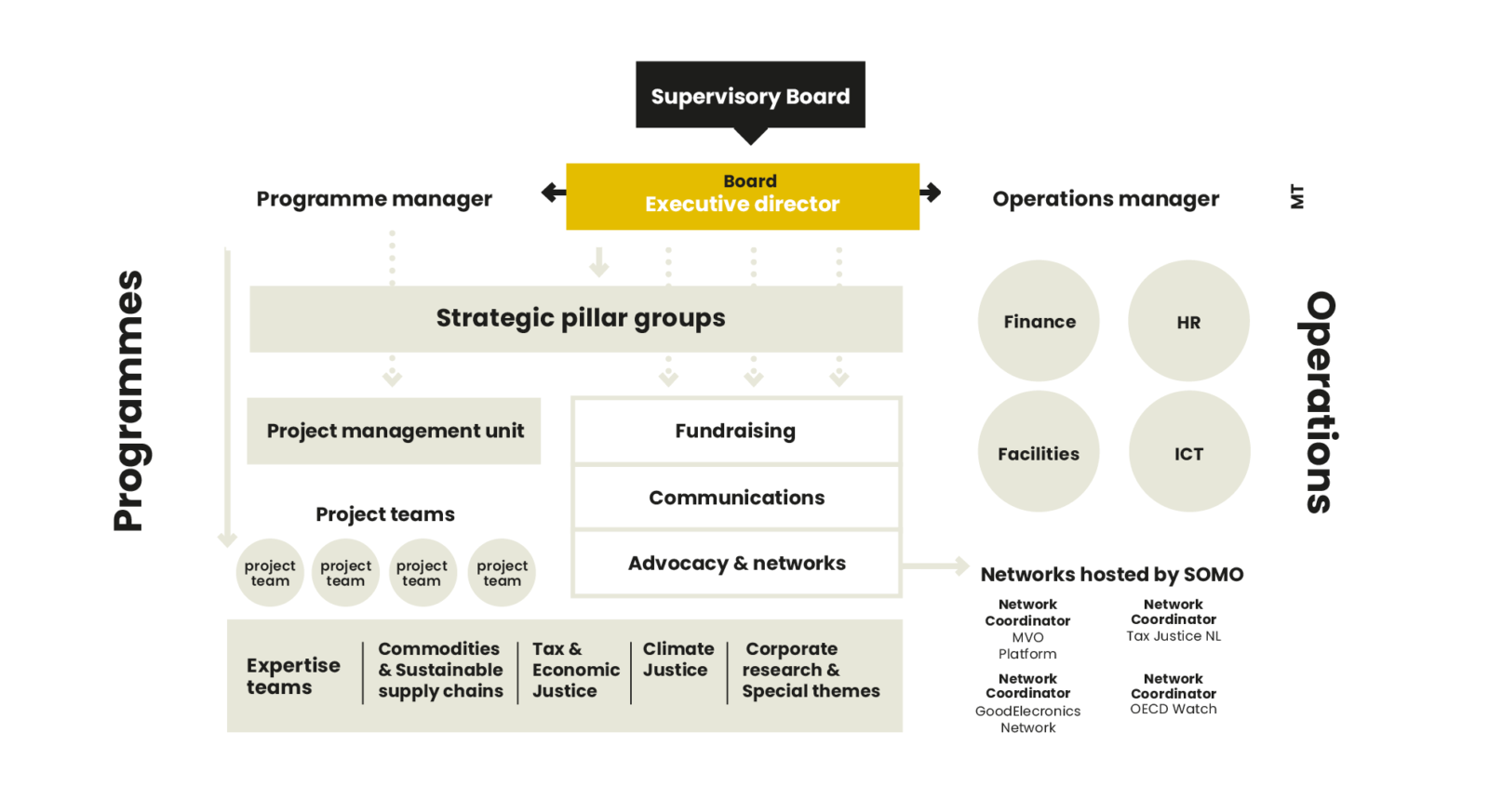
The outsized and harmful power of multinational companies and the structures that enable them to stand in the way. A shift in power balance is urgently needed. To address this, SOMO investigates multinationals: we expose their impact, their structures, and the systems they operate in. We develop alternatives and carry out advocacy work.
We do that as part of a civil society movement in deep collaborations and alliances with partners all over the world, always seeing our role as part of an ecosystem of stakeholders. We deliver the knowledge that fuels far-reaching change.
Statutory bodies
